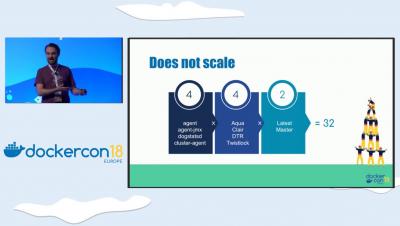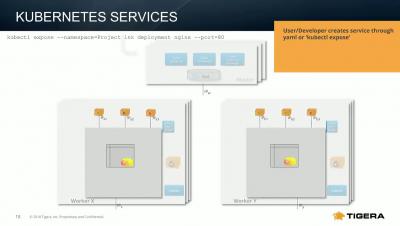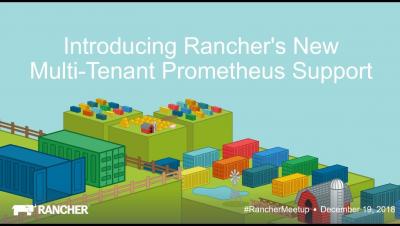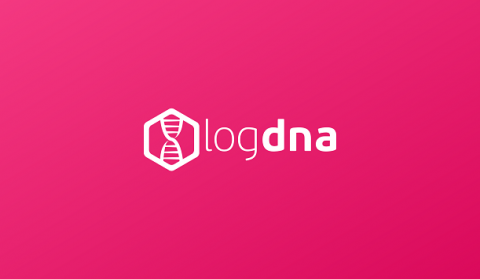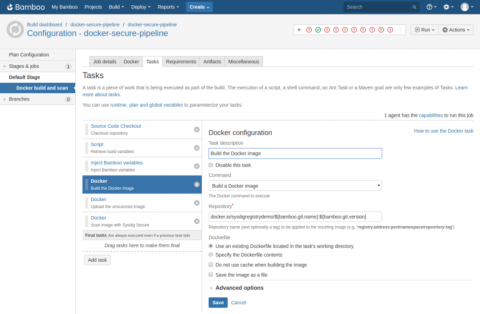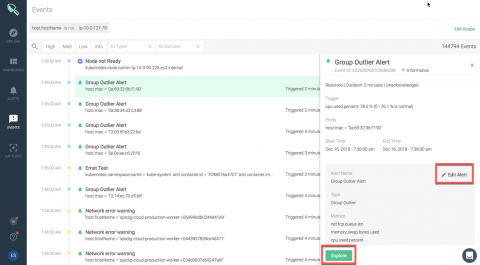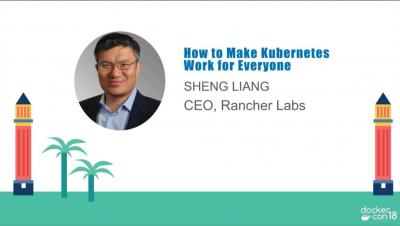Operations | Monitoring | ITSM | DevOps | Cloud
Containers
The latest News and Information on Containers, Kubernetes, Docker and related technologies.
Deploying Elasticsearch Within Kubernetes
This tutorial walks through using Rancher to deploy Elasticsearch into a Kubernetes cluster. At the end of this article, you will have a fully functional 2-node Elasticsearch cluster, complete with sample data and examples of successful queries.
Leveraging Kubernetes Services & DNS
December 2018 Online Meetup Introducing Rancher's New Multi Tenant Prometheus Support
KubeCon 2018 + CloudNativeCon Recap
KubeCon + CloudNativeCon North America 2018 was an incredible event. We had many exciting announcements – LogDNA’s new partnership with IBM Cloud, our recent round of funding, as well as great conversations, product demos, fun giveaways, and even surprise gifts for loyal customers, our booth was jam packed.
Monitoring Kubernetes, part 1: the challenges + data sources
Our industry has long been relying on microservice-based architecture to deliver software faster and safer. The advent and ubiquity of microservices naturally paved the way for container technology, empowering us to rethink how we build and deploy our applications. Docker exploded onto the scene in 2013, and, for companies focusing on modernizing their infrastructure and cloud migration, a tool like Docker is critical to shipping applications quickly, at scale.
Integrating Sysdig Secure with Atlassian Bamboo CI/CD
In this blog post we are going to cover how to perform Docker image scanning on Atlassian’s Bamboo CI/CD platform using Sysdig Secure. Container images with security vulnerabilities or not compliant with the security policies that you define within Sysdig Secure will be stopped, breaking the build pipeline before being pushed to your Docker registry.
Unveiling Sysdig Monitor Events
At Sysdig, we have built a cloud-native intelligence platform to create a single, more effective way to monitor and secure your critical applications. We want to empower our users to quickly identify critical events and focus on events that need the most attention from you.


